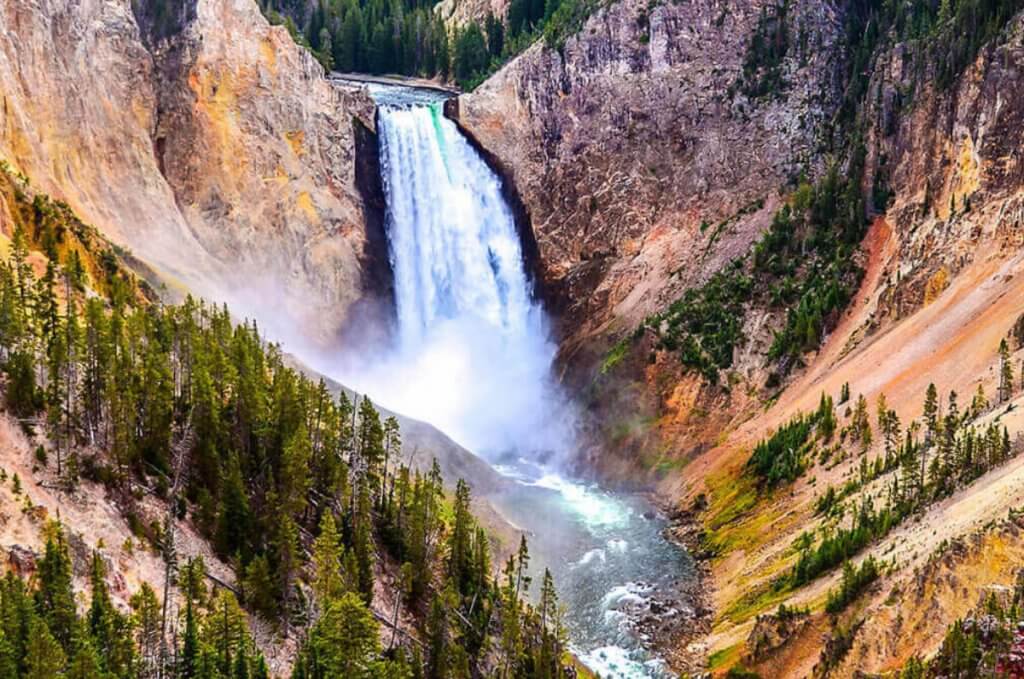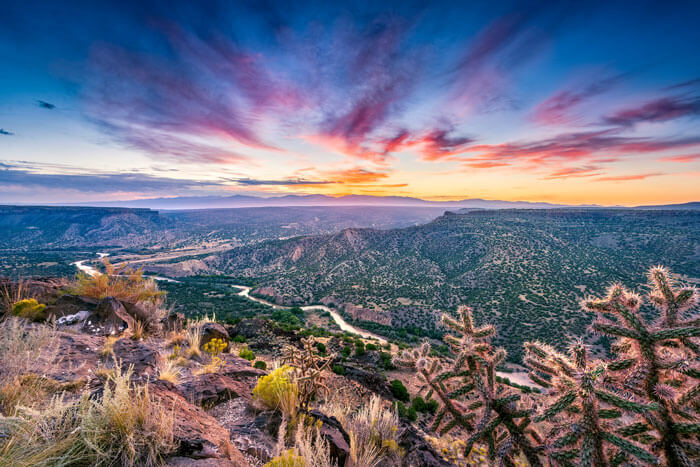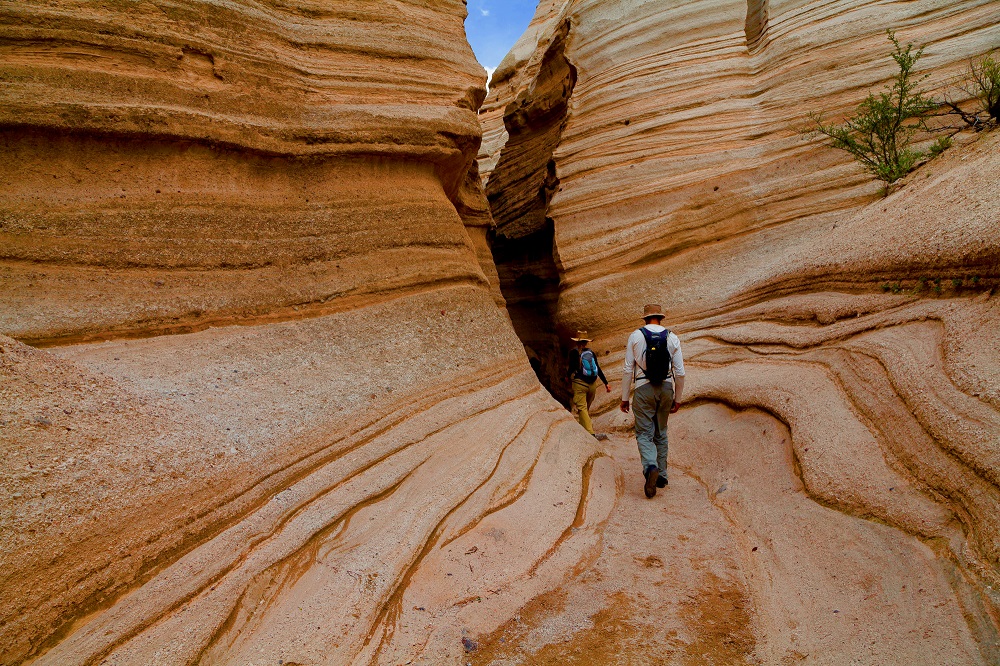Wilderness medicine is a rapidly growing discipline that is becoming increasingly more relevant in this era of globalization, international travel and wilderness exploration. The diverse field of wilderness medicine evolved from “mountain medicine”; the investigation of the physiology of maladies experienced during man’s quest to climb the highest peaks on the planet. It’s roots date back many centuries, as the manifestations of high altitude illness were noted by the Chinese who described headaches and vomiting in travelers along the high passes of the Silk Road between China and Afghanistan.
Mountain medicine conferences in the past focused almost exclusively on altitude illness, hypothermia, and frostbite, with a session on snake envenomation thrown into the mix. Mountain Medicine evolved into Wilderness Medicine with the inclusion of (list environments and topics).
- Altitude Illness
- Hypothermia
- Frostbite and Other Cold Injuries
- Heat Illness
- Snake Envenomation
- Traveler’s Diarrhea
- Arthropods Bites and Stings
- Malaria and other Mosquito-Borne Illness
- Giardia & Other Waterborne Infections
- Lightning Injuries
- Improvised Trauma Care
- Management of Fractures and Dislocations
- Preparing for Foreign Travel
- Wilderness Wound Management
- Wild Animal Attacks
- Wilderness Dermatology
- Diving Injuries & Marine Hazards
- Avalanche Injuries, Survival, Safety
- Parasitic infections

Today, Wilderness Medicine is a dynamic multidisciplinary field. It comprises many of the qualities and characteristics that are inherent in emergency medicine. There is a requisite need to know about other specialties of medicine and the frequent requirement for urgent intervention, stabilization procedures, and expertise with prehospital care and transportation. It also overlaps extensively with environmental, travel, military, disaster, and sports medicine.
Although wilderness medicine generally focuses on medical problems and patient care in remote and austere environments, many of its lessons are essential to mainstream medicine and its application extends into urban communities. Natural and man-made disasters, like the Haiti Earthquake, Hurricane Katrina and the September 11, 2001 attacks may create an environment as limited as the wilderness in the midst of a city by destroying or damaging power, transportation, communication, and health care facilities.
Wilderness & Travel Medicine has been a leader in Wilderness Medicine CME conferences and training since 1982. View conference & training locations and dates.




Thank you for submitting your comment! It will be reviewed by our moderators for quality and approved shortly.